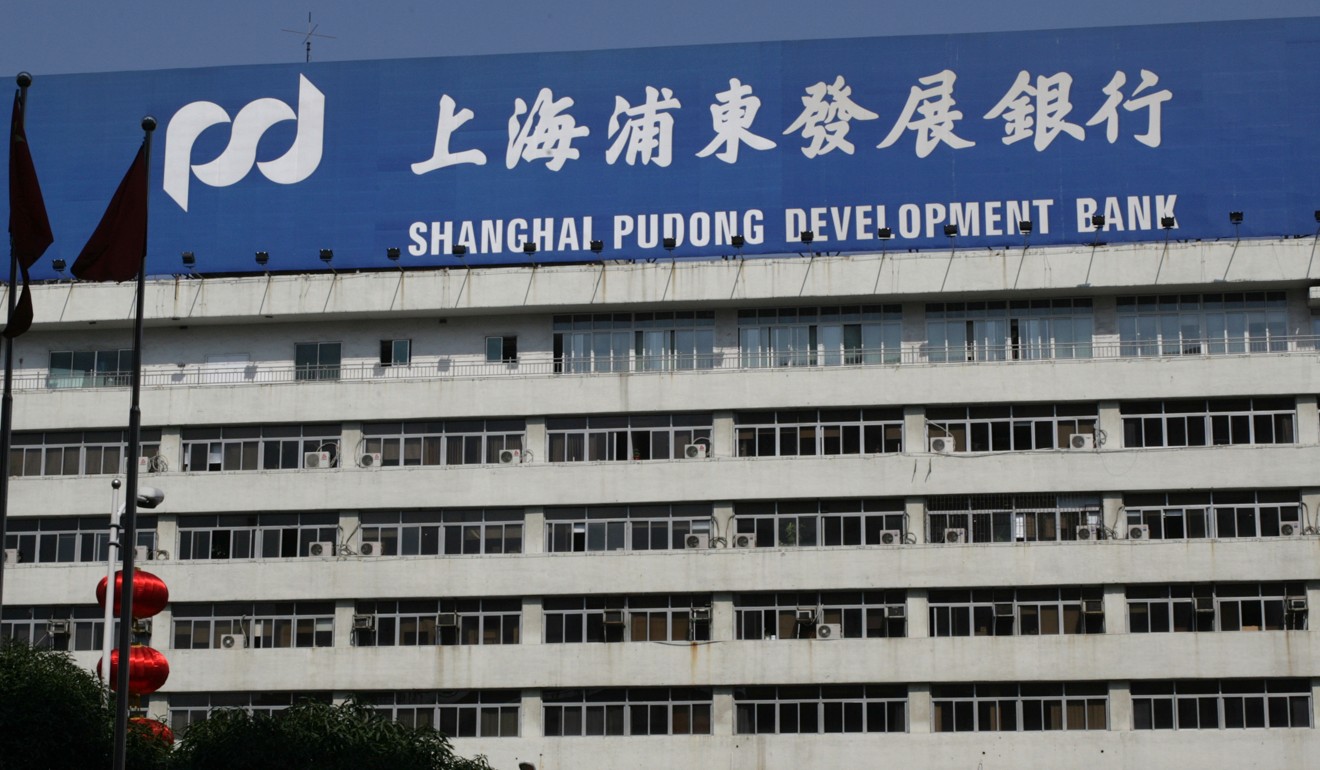
Chinese banks leverage AI technology to reach young, tech-savvy investors
Mid-sized Chinese lenders are leading the nation’s banks in testing the waters of artificial intelligence applications in wealth management in a bid to trim costs and woo the tech-savvy younger generation.
Four mainland lenders, China Merchants Bank, Shanghai Pudong Development Bank, Industrial Bank and Ping An Bank, have introduced robo-advisers as part of their online wealth management platforms to reduce the need for investors to visit local branches for face to face advice. All four are second-tier lenders that are less influential than the bigger state-owned banks.
“Banks can save cost and make it easier to reach tech-savvy clients with robo-advisers, or financial advice offered by computer programmes,” said Hu Jie, an affiliated professor at the Shanghai Advanced Institute of Finance at Shanghai Jiao Tong University. “The sector, though still in its infancy, has great potential as fintech and mobile banking are where the future opportunities lie with improved efficiency and better catering to evolving consumer needs.”
The emerging sector currently has no dominant players so banks can compete head-to-head with other asset managers as well as technology giants, he said.
For retail investors, the investment threshold of the new services is much lower than most traditional banking assets management products.
Robo-advisers are a smart, easy to use, low threshold and low cost way to give mass investors access to professional wealth management services, said Ping An Bank in reply to questions from the South China Morning Post. The bank also noted it will expand coverage of the services to more products in addition to the current mutual funds portfolio.

China Merchants Bank, which requires a minimum investment of 20,000 yuan, has seen
assets under management for the AI-based service top 5 billion yuan since its launch in December 2016.
“It’s very unlikely robo-advisers will fully replace all human advisers in the long term,” said Li Zichuan, an analyst at consultancy Analysys, adding that human and robotic advisers will co-exist and be complementary to each other.
China’s total robo-adviser market is expected to top 5.22 trillion yuan by 2020, he estimated.
Globally, the robo-adviser segment is expected to skyrocket to US$6.5 trillion by 2025, up from US$100 billion in 2016, according to McKinsey, which noted that Chinese banks need to speed up their investment in the segment.
In August Fan Yifei, deputy governor of the People’s Bank of China, urged mainland banks to better leverage advanced technologies, including big data, AI, and virtual reality, to bring innovation to the traditional financial industry.

